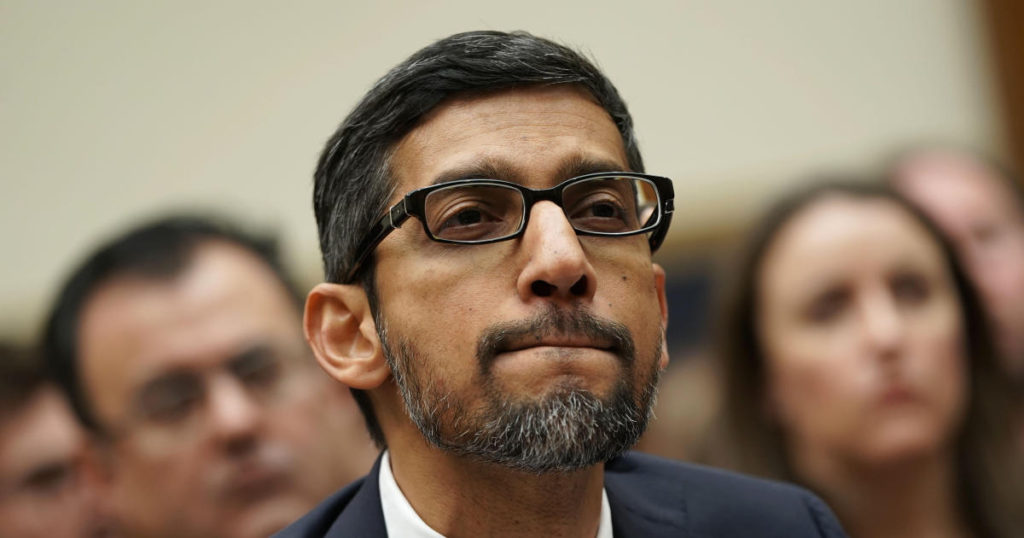An Indian appeals court has upheld a $160m fine imposed on Google by the country’s antitrust regulator for exploiting its dominant position in the Android market. The National Company Law Appellate Tribunal (NCLAT) found that the Competition Commission of India’s (CCI) findings were correct and that Google was liable to pay the fine. However, the court set aside four of the 10 antitrust directives imposed on the tech giant.
More than 95% of Indian smartphones use the Android system. The CCI accused Google of “unfair” business practices and asked the firm to make several changes to the Android ecosystem, including not forcing manufacturers to pre-install the entire suite of Google apps and allowing users to choose their default search engine. The inquiry started in 2019, following complaints by consumers of Android smartphones.
Google challenged the fine and the directives in India’s Supreme Court, saying that the changes would force the company to alter arrangements with more than 1,100 device manufacturers and thousands of app developers. The top court refused to block the CCI directives and allowed a lower court to continue hearing the appeal.
In January, Google agreed to cooperate with the watchdog and announced a series of changes to its Android system in India. However, the recent ruling by NCLAT means that Google can continue to impose curbs on users downloading apps without using its app store and block third-party app stores from its Play Store. The tech giant can also stop users from removing its pre-installed apps from their phones.
This case is similar to the one Google faced in Europe, where regulators imposed a $5bn fine on the company, saying it used its Android operating system to gain an unfair advantage in the market. The NCLAT ruling could have implications for other tech giants operating in India, as the country’s regulators are stepping up their efforts to regulate the tech sector.
The ruling by the Indian appeals court is seen as a victory for the country’s antitrust regulator, which has been increasingly active in regulating the tech industry. Last year, the CCI launched an investigation into Amazon and Flipkart, accusing the e-commerce giants of engaging in anti-competitive practices. The watchdog has also launched an inquiry into WhatsApp’s new privacy policy, which has sparked concerns over the use of user data.
Experts say that the ruling could also have broader implications for the tech industry globally, as more countries are starting to clamp down on the dominance of tech giants. In recent years, regulators in Europe, the US, and Australia have imposed fines on tech firms for antitrust violations and other anti-competitive practices. The growing scrutiny of the tech sector has led to calls for stricter regulation to ensure a level playing field for smaller players.
Despite the ruling, Google remains one of the dominant players in the Indian tech market, with its Android operating system powering most smartphones in the country. However, the tech giant may have to make further changes to its business practices in India to avoid further regulatory action.
In a statement, a Google spokesperson said the company was reviewing the NCLAT’s decision and would take necessary steps to comply with the ruling. The spokesperson also emphasized the company’s commitment to complying with all applicable laws and regulations.
